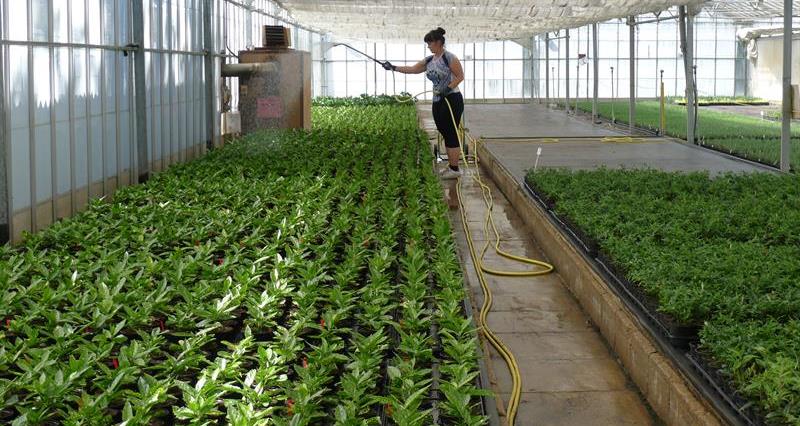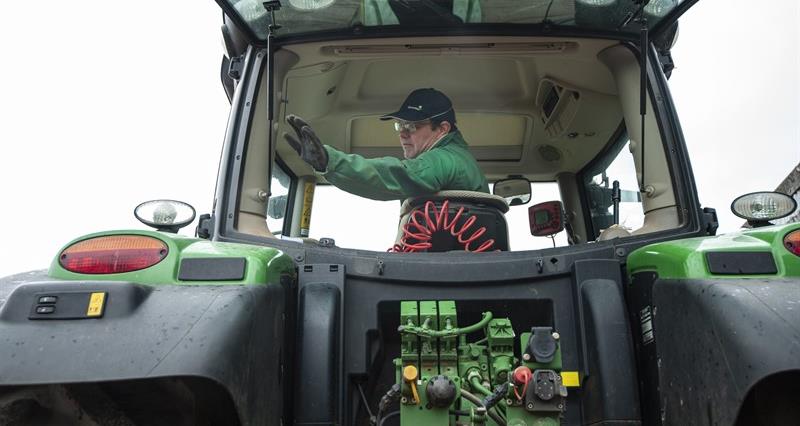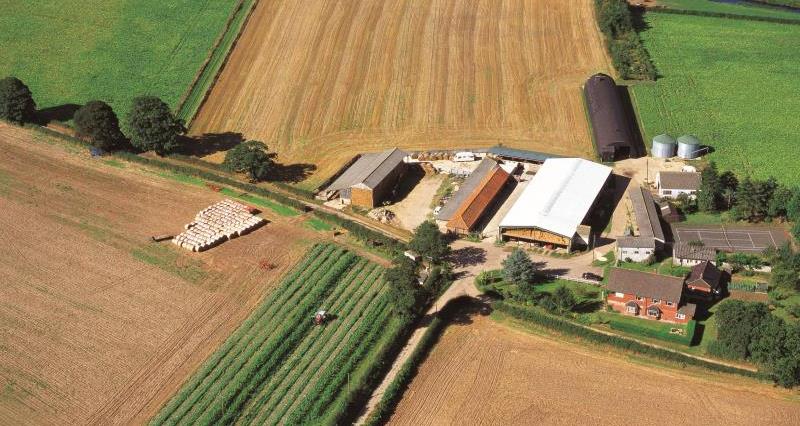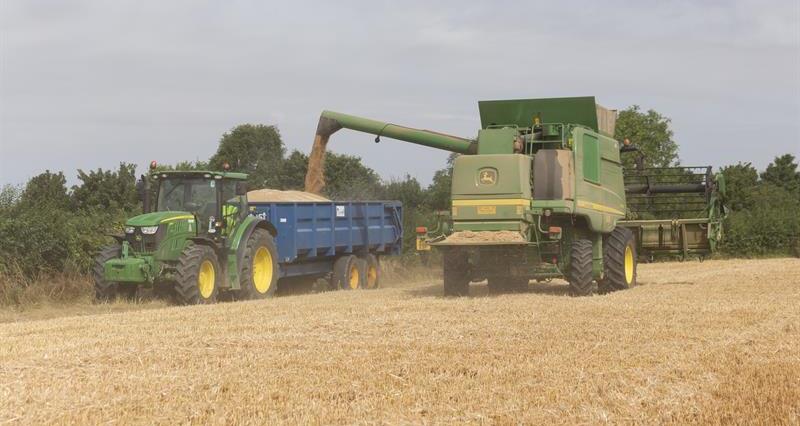The FTF (Farming Investment Fund) scheme for water launched on 16 November 2021 for round 1, while round 2 launched on 19 April 2023.
Both these rounds are now closed for new applications and successful applicants are working through the schemes requirements.
The full applications deadline for successful applicants of Round 2 was 23:59 on 31 October 2024.
Information for Round 2 applicants
This round of the grant scheme was open to arable and horticultural businesses which are either already growing, or intending to grow, either irrigated food crops, ornamentals or forestry nurseries.
You could apply for grants for:
- capital items to improve farm productivity through more efficient use of water for irrigation
- securing water supplies for crop irrigation by constructing on-farm reservoirs which will store abstracted water or harvested rainwater
- the use of best practice irrigation equipment.
Assets purchased under this scheme must remain in England, and mobile assets must be secured in England when not in use. For static assets, these can only be installed on land owned by the applicant business or on tenant land so long as the applicant has an agreement until at least five years after the project is completed.
There were restrictions on who can apply. The following could not apply for support under this screen:
- public organisations, including Crown bodies and non-departmental public bodies (NDPBs)
- local authorities
- members of Producer Organisations under the Fresh Fruit and Vegetables Aid Scheme if they have funding for the same project through their operational programme
- businesses which will not use any of the water stored to grow and irrigate their own crops.
What could Round 2 pay for?
Eligible equipment included:
- introducing more efficient water application (for example, by changing from rain gun application to trickle or boom application)
- securing water supply for crop irrigation that enables water use in a more sustainable way (for example, constructing a reservoir and moving away from summer abstraction to rainwater harvesting or peak flow/winter abstraction)
- improving business resilience and prosperity (for example, using new irrigation systems and newly irrigated areas to increase productivity or introduce high value crops and/or moving away from fossil fuel powered equipment)
- encouraging collaboration for water storage and irrigation of crops (for example, supplying water to neighbouring farmers).
The grant can only be used to pay for certain items on a project. Details of what can and cannot be paid for can be found at: About the Water Management Grant Round 2, who can apply and what the grant can pay for | GOV.UK
The grant follows a similar two-stage application process as Round 1. However, the major distinction for Round 2 applicants was to submit approved planning permission and abstraction licences for their project if they are invited to apply after the initial application stage.
Applicants should be aware that the Environment Agency is continuing to review abstraction licences to ensure abstraction is sustainable. More information can be found in our guide to changes to abstraction licences.
The minimum grant value is £35,000 and the maximum is £500,000 per applicant business per round of funding. Grant funding can only contribute to 40% of the eligible costs, 60% must come from private funding sources. You cannot combine multiple sources of public funding, such as local authority funding.
Work cannot begin until you have a grant funding agreement (GFA). You must also reach your project start date before engaging in any:
- starting work or committing to any costs (this includes paying deposits)
- entering into any legal contracts
- placing any orders with suppliers.
Any project costs incurred prior to this may render the entire application ineligible. Grants will be paid in arrears in up to three instalments, depending on how often you claim.
Claims can only be submitted after the work has been completed and paid for. Claims for items on lease purchase or hire purchase can only be claimed for once it is owned outright by the claimant. This can be done by showing the RPA that you have paid off all the instalments and that the title has passed over to you.
Applying for Round 2
Applications for Round 2 worked in much the same way as Round 1. Applicants submitted an initial application for their project to the RPA, the deadline for this was 12 July 2023.
Decisions were made in August 2023 on the initial applications received by the RPA, successful initial applications have until 23:59 on 31 October 2024 to put in their full application.
For more guidance on how to make a full application for those successful with their initial application please visit: GOV.UK | Water Management grant Round 2
Information for Round 1 applicants
What is happening now?
The RPA made three decisions on submitted initial applications:
- Strong scoring projects have been invited to progress with a full application.
- Some lower scoring projects were initially put on hold but have now been invited to put in a full application as set out below in the form of Tranche 2.
- The weakest projects have been turned down.
After the deadlines set out below, the RPA assess the full applications and decide on which will be offered grant funding.
Full application deadlines for successful applicants
- Tranche 1: 30 June 2022 for those that did not request an extension with planning and abstraction licences in place by 31 December 2022.
- Tranche 1: 30 September 2022 for those that did request an extension with planning and abstraction licences in place by 31 March 2023.
- Tranche 2: 30 November 2022 with planning and abstraction licences in place by 31 May 2023.
Who could apply?
Grants awarded under the Farming Investment Fund scheme for water are to improve farm productivity through more efficient use of water for irrigation, and to secure water supplies for crop irrigation by the construction of on-farm reservoirs and related equipment.
Only arable and horticultural businesses growing or intending to grow irrigated crops can apply.
For more details about Round 1 please visit: GOV.UK | Farming Investment Fund Water Management grant manual
The RPA was looking for evidence of a sound business case and for projects that met the priorities for funding.
Two-stage process
There was a two-stage application process. The first stage assessed the eligibility and desirability of applications.
Applicants could enter their project proposals into a 'checker' which indicated whether they were eligible to proceed and how desirable their project was. Following use of this checker, successful projects were invited to submit a full application.
Competitive process
The application process is competitive, so you will be in competition with other applicants. Defra is looking for projects that best meet the priorities for funding and that are good value for taxpayers’ money. If you can show this in your application, you will be more likely to receive a grant.



